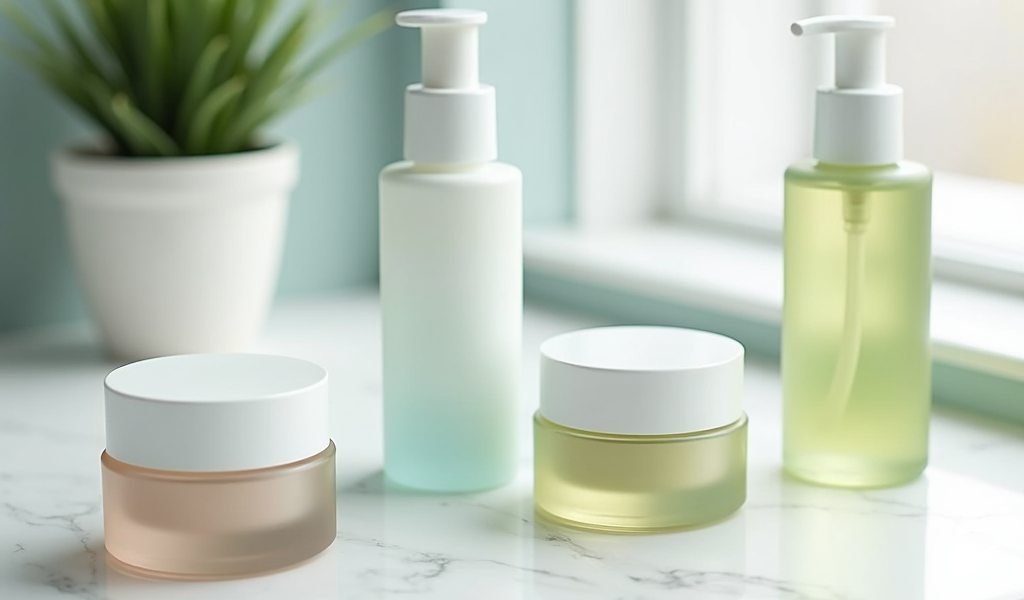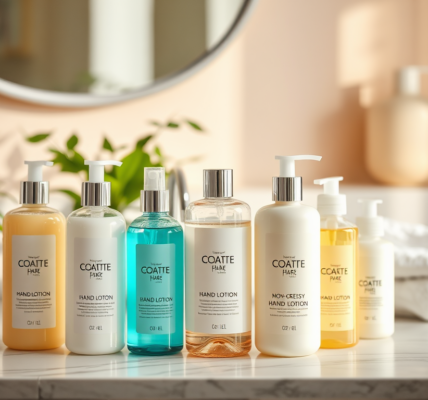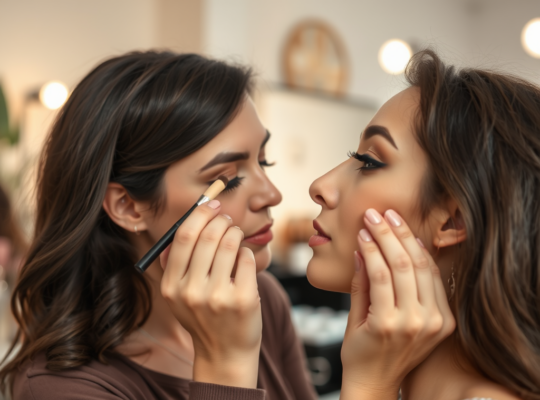Finding the right moisturizer can sometimes feel like an uphill battle. At the heart of this decision is the choice between gel and cream moisturizers, two popular options that each offer unique benefits. By understanding the differences between these two types, you can select the one that perfectly suits your skin type and meets your skincare needs.
The Basics of Gel Moisturizers
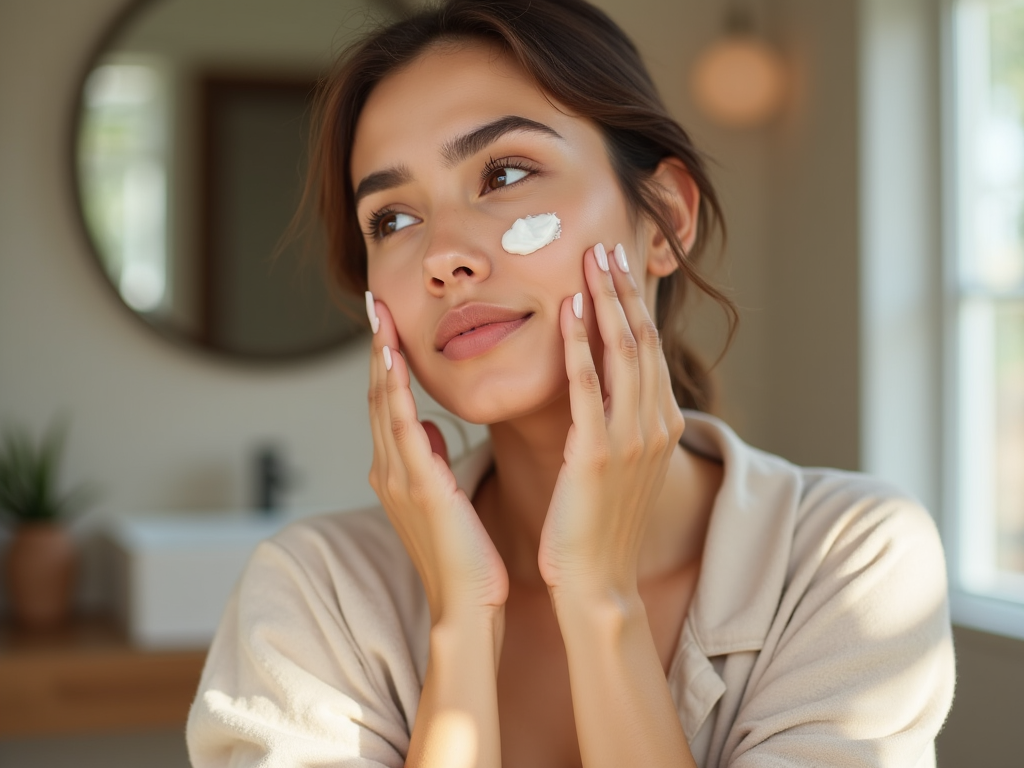
Gel moisturizers are typically water-based and are known for their lightweight and non-greasy texture. They are ideal for people with oily or acne-prone skin due to their fast-absorbing nature. These products provide hydration without clogging pores or leaving a heavy residue on the skin. Furthermore, gel moisturizers often have a cooling effect, which makes them a preferred choice in hot climates or during the summer months. Many individuals appreciate the instant freshness they deliver and how comfortably they sit under makeup.
What Makes Cream Moisturizers Different?
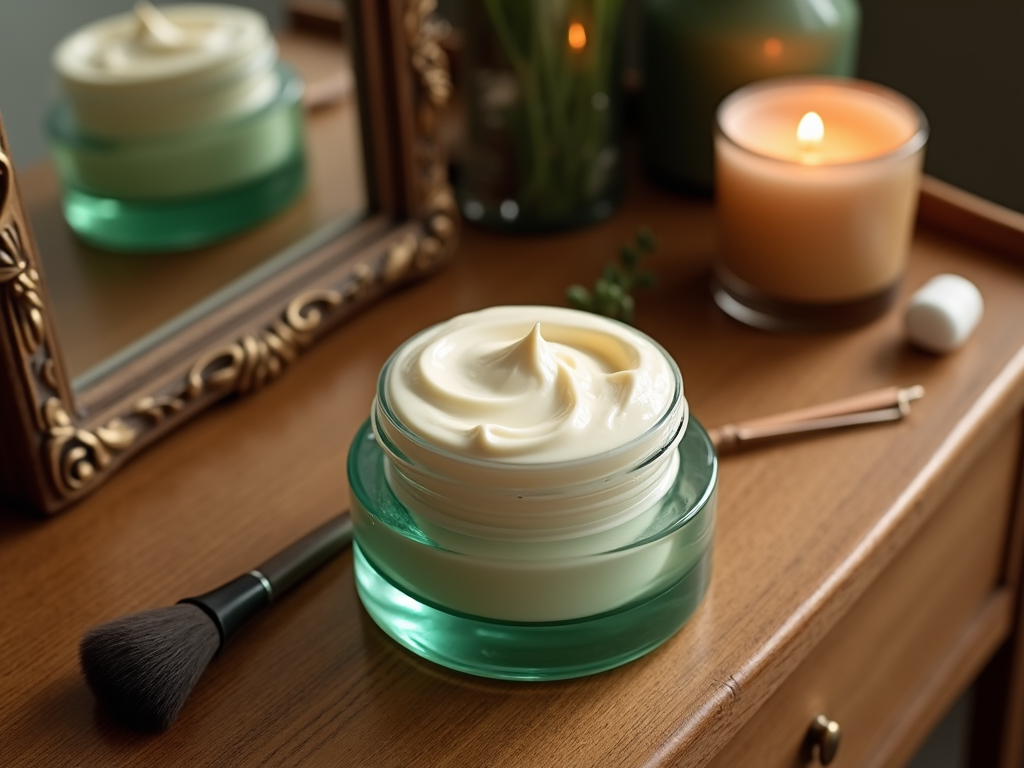
Cream moisturizers, on the other hand, are generally oil-based and tend to be thicker and richer than gel moisturizers. They are particularly beneficial for dry, flaky, or mature skin that requires deeper hydration. The emollient properties of cream moisturizers help to lock in moisture and provide a protective barrier over the skin. This type of moisturizer is especially useful during the colder months when skin is more prone to dryness. For individuals experiencing severe dryness or having sensitive skin, creams can offer relief and soothing nourishment.
While both gel and cream moisturizers serve the primary function of keeping the skin hydrated, they do so in distinct ways that benefit different skin types:
- Gel Moisturizers:
- Lightweight and fast-absorbing
- Non-comedogenic and great for acne-prone skin
- Provides a refreshing and cooling effect
- Cream Moisturizers:
- Rich and deeply moisturizing
- Best for dry or mature skin
- Offers a barrier against environmental stressors
How to Choose the Right Moisturizer for Your Skin Type
When it comes to choosing the right moisturizer, it’s crucial to consider your skin type and any specific concerns you may have. Here’s a helpful list to guide your decision-making process:
- Identify your skin type: Determine whether your skin is dry, oily, combination, or sensitive.
- Consider climate: Choose gels for hot climates and creams for colder environments.
- Look for added ingredients: Opt for products with additional benefits such as SPF or antioxidants if needed.
- Patch test new products: Always test a small amount on your wrist to ensure there are no adverse reactions.
- Comfort and preference: Select a moisturizer that you find comfortable to wear throughout the day.
Conclusion
Selecting between gel and cream moisturizers ultimately boils down to your individual skin type, climate conditions, and personal preferences. Gel moisturizers provide lightweight hydration ideal for oily skin and hot climates, while cream moisturizers offer deeper nourishment perfect for dry skin and cooler weather. By understanding the characteristics of each and considering personal factors, you can make a well-informed decision that enhances your skincare routine.
Frequently Asked Questions
1. Can I use both gel and cream moisturizers together?
Yes, you can layer them, applying the gel first for hydration, followed by the cream to lock in moisture. However, ensure this combination suits your skin type to avoid excess oiliness.
2. Are gel moisturizers suitable for sensitive skin?
Many gel moisturizers are formulated to be non-irritating and hypoallergenic, making them suitable for sensitive skin. Always check the label for any potential irritants before use.
3. How often should I moisturize my skin?
It’s generally recommended to moisturize twice a day, once in the morning and once at night, to maintain optimum hydration and skin health.
4. Do I need a moisturizer if I have oily skin?
Yes, even oily skin needs hydration. Opt for a lightweight gel moisturizer that hydrates without adding excess oil to your skin.
5. Are cream moisturizers better for nighttime use?
Cream moisturizers may be ideal for nighttime as they provide rich hydration and allow your skin to maximize recovery while you sleep.
